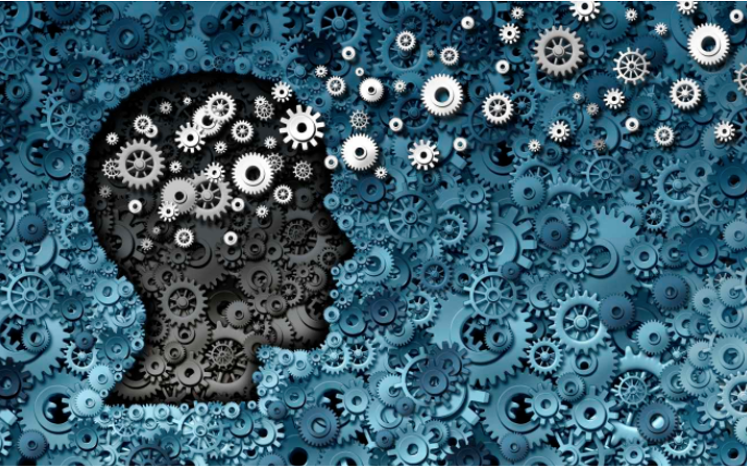
The contribution of NCA to my coaching practice
“Insanity is doing the same thing over and over again and expecting different results.”
Albert Einstein
In an increasingly complex world, humans are confronted with resistance to change and decision-making despite incomplete control of situations.
During a coaching session where the issue is change or fear of moving forward into the unknown, I often refer to the Neurocognitive and Behavioural Approach (NCA) and its methodology to interpretate human behaviours.
What is the NCA about and what is its added value?
The NCA is the result of a multidisciplinary approach, which brings together cognitive psychology sciences, behavioural therapy, clinical sciences and neurosciences. In particular, it describes two mental modes, or ways our brain works:
- the automatic mental mode, which allows us to easily manage what we have learned, based on our experience. This is how we write, walk, drive… An autopilot looks after a large part of our daily activities, without us having to worry about.
- the adaptive mental mode, which allows us to adapt to new, different, unforeseen situations. Our creativity, innovation, improvisation, the ability to solve complex problems, occur in this mode.
At first we always activate the automatic mode, it is a reflex of protection that we have developed for millennia to survive in hostile environments. On the other hand, the adaptive mode does not activate unconsciously, even in the most complex or unknown situations where it would be very handy, we need to activate it voluntarily. When we “incorrectly” activate the automatic mode instead of the adaptive mode, we put ourselves in a state of stress, because we don’t find a solution to our immediate problem.
This stress, which we often experience as an unpleasant state, is actually a message from our brain telling us that our view of the situation is wrong, that there is something we have not understood, that we might see things differently. It is an invitation to do something to change our attitude to regain well-being.
“Making this stress your ally by trying to understand its automatic origin and deconstruct it” as Pierre Moorkens – co-founder of the Institute of Neurocognitivism – explains very well, is one of the most interesting contributions of the NCA.
How to step back and have full access to all your talents?
In stressful situations, our adaptive intelligence is significantly weakened, as a consequence our the capacity to analyse and overcome the situation is diminished. But the good news is that this adaptive intelligence is like a muscle, it works can be trained.
This necessarily requires a step back and a deep connection with yourself in order to challenge strong convictions and bring new perspective and a new way of seeing the reality.
What is actually good is that when we manage to overcome a difficult or complex situation and reconnect to our adaptive intelligence, we also gain new experience and enrich our automatic intelligence (new knowledge, skills, etc.). This gives us a chance to act differently and more easily the next time we face the same situation. It’s a virtuous circle!
In this regard, the NCA offers a number of tools to develop the adaptive intelligence and encourage this step back and deep connection and feed this virtuous circle.
What use of the NCA during a coaching session?
As a coach I use the NCA as a guide to help people reveal their talents and find their way and in leadership development sessions. When I realize that somebody is facing a situation of stress or blockage for whatever reasons, I refer to the NCA methodology to help awareness, take a break, make a choice and finally take the best chances to succeed.
A few coaching sessions are required to develop the resources related to adaptive mode, learn how to voluntarily switch from automatic to adaptive mental mode and find the right answers to complex situations, usually announced by emotional, behavioural or mental discomfort.
In addition, I find that this gives me a chance to provide tools and methodology that can be used to continue own development independently.
What about you? Have you ever experienced difficult, stressful situations for multiple reasons, in various circumstances?
Have you ever felt the need to improve your ability to unlock these situations or learn a new way of looking at the reality around you?
Shall we talk about this together?
Note: This article’s intention is both educational and operational. It corresponds to the vision and practice of NCA by its author. For the scientific basis of the approach and tools mentioned here, refer to the website and publications of the Institute of Environmental Medicine (IME, www.ime.fr), and/or of INC (www.neurocognitivism.com).
Source photo : Photononstop (Ingram)
